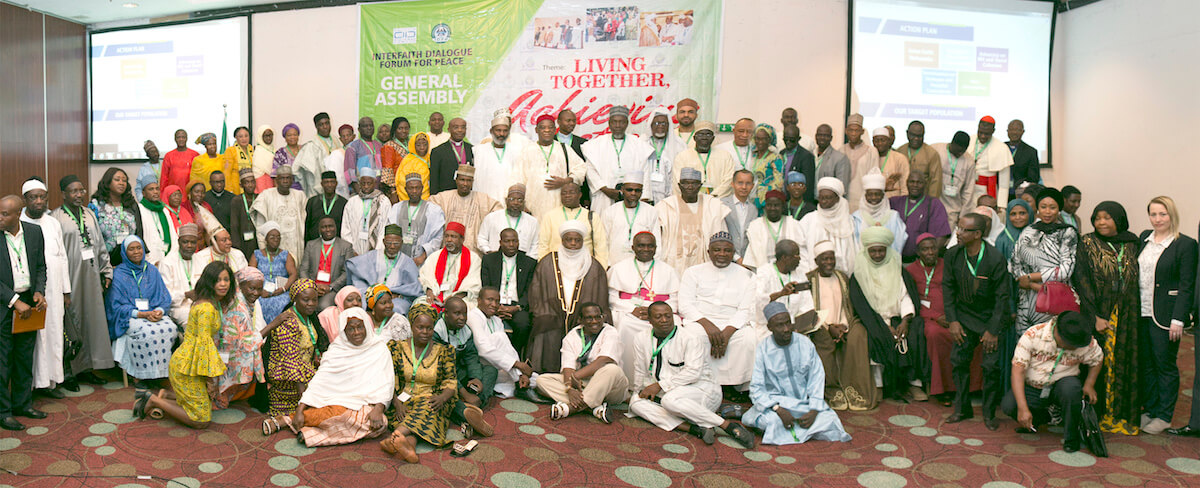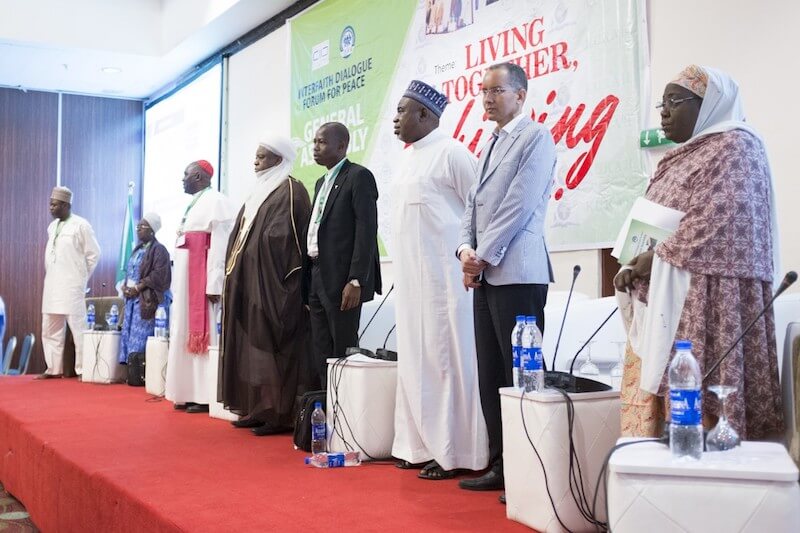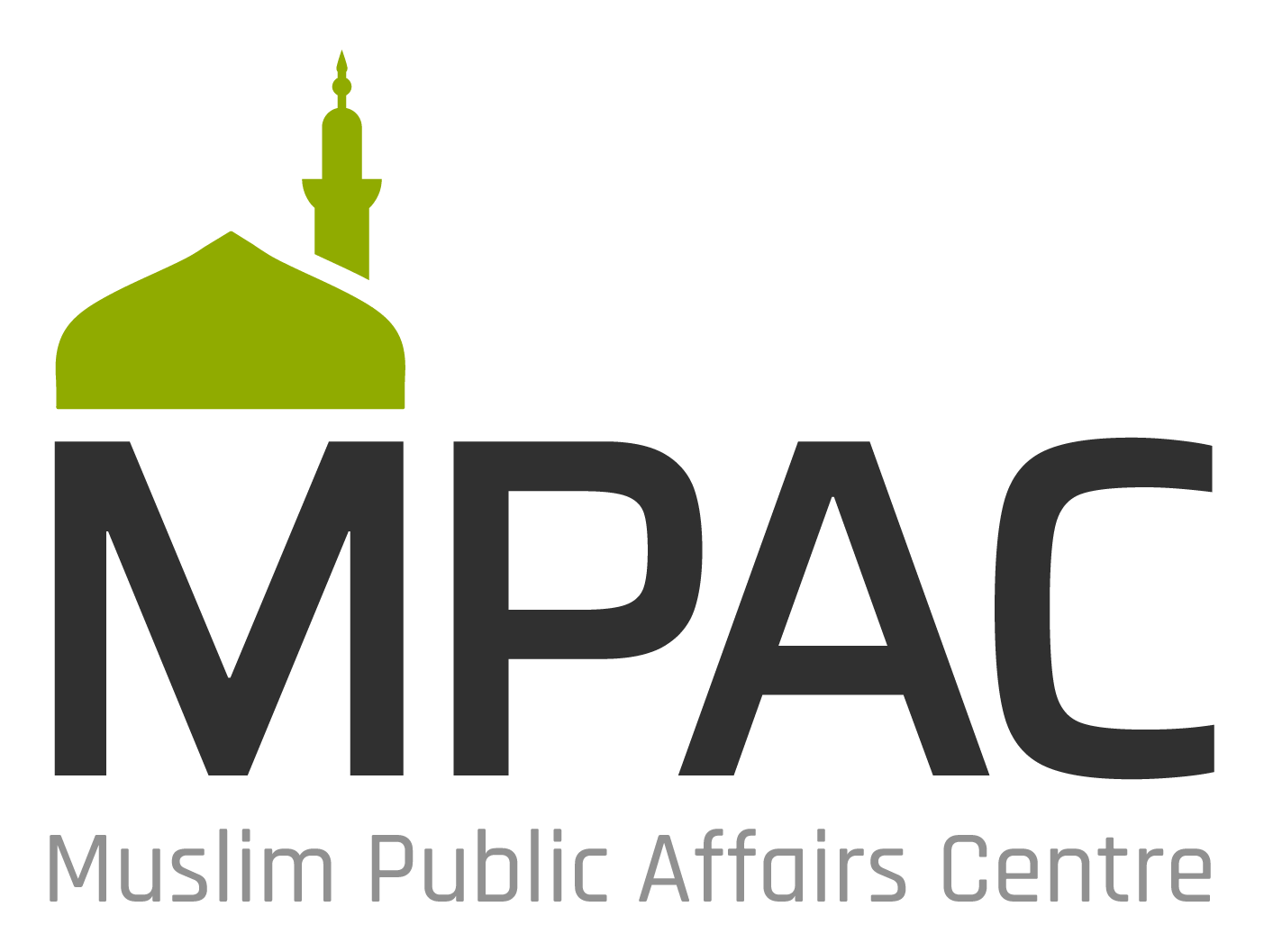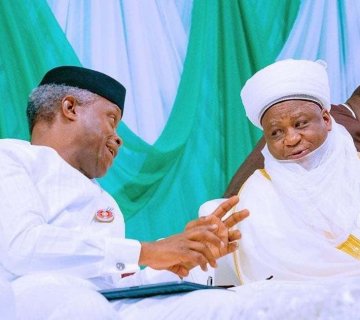Living Together, Achieving Together
1st IDFP1 General Assembly
Disu Kamor
Executive Chairman, Muslim Public Affairs Centre, Lagos
18th January 2018, Sheraton Hotel, Abuja

As-salamu Aleikum Waramothullahi Wabarakathu.
Please allow me to stand on the established protocol.
First of all, I want to thank all of you actually for coming out, for inviting me here. It’s a great honour obviously to speak in a place like this because of the immense amount of promises and hope activities like this offer humanity, and also because of the many great people, I am sure, that have spoken from this lectern. So, it’s an honour to be a link in that chain.
In his farewell speech to the pilgrims on 9th of Dhu al-Hijjah, 10 AH (9 March 632CE), Prophet Muhammad (SAW) addressed all Muslims in simple words stressing a fundamental principle as follows: “O mankind, your God (Allah) is one and your father (Adam) is one, there is no favouring for any Arab over non-Arab nor for non-Arab over Arab, nor for black (skinned) over red (white skinned) except in God’s piety. O Mankind, God has declared inviolable to you each other’s blood, money and honour, therefore your blood, money and honour are inviolable to you till the day you meet Him. O mankind, take my advice and you shall be happy, don’t aggrieve, don’t treat unjustly. O mankind, the money of one is not lawful for another except with his own will and full satisfaction”.
Superiority, as revealed in the Qur’an and the sayings of the Prophet Mohammed (SAW), lies only in piety, meaning God-consciousness, good nature and good behaviour. The message in this part of the sermon of the Farewell Pilgrimage is simple and clear; rights and equality of all humans under the same God are sacrosanct and that all humans descended from the same parents. These foundational teachings were not just words. They provide an ideal environment and justification for us to take seriously what we are doing here today. And similar ones.
There is a major recognition globally of a need for interreligious networking for peace, security and development especially in safeguarding lives and property, values, career, worship centres, market centres, etc. According to the Academy for Cultural Diplomacy, not less than 17 major organised interfaith initiatives have been established since 1964. Each one of these important initiatives self-commits to advance world peace by uniting faiths and by fostering reciprocal understanding, acceptance and tolerance amongst disparate religious communities.
There is a wide recognition that religion can be a major force of unification among divergent factions, and hence it can play a key role in the promotion of global peace and reconciliation, by bringing varying groups together in order to establish and maintain constructive channels of communication and sustainable collaboration. Hence the need for dialogue amongst religions.
Such a dialogue will provide opportunity for people of different faiths to engage in frank and honest discussion, critique, exchange of information on theological concepts and their relation to our society. Also importantly, the dialogue should promote appreciation and support for what is sacred for each other and enhance communication to strengthen our capacities to advance peace and social justice on a global scale. The dialogue should advocate for social justice issues for the common good. Sustained engagement between faith leaders, prominent community leaders and the National Assembly leaders to urge them to uphold the constitutional rights on religious freedom.

When we start to emphasize and promote areas of similarities between divine faiths, we will not only be narrowing the field of operation for the extremists and those who seek to divide us and profit from such artificial lines of division, we will in fact also be expanding the space for important works to advance our common good in such areas as domestic poverty, economic justice, healthcare, rights of people with disability, even Middle East peace and climate change. By so doing, we will be creating opportunities to attract people to God in a world that is increasingly tending towards atheism. There is just so much that we can achieve together. Let’s face it, the idea somehow that we’re different from one another in some essential way has been really thrown out the window. We have differences (in our complexion, in our tongue and faith) but these are differences that must be respectfully acknowledged to enable a society function properly. The opposite is untenable.
Our nation now needs a massive campaign of re-education for good understanding and adoption of the rich resources within our faiths. Interfaith dialogue needs to be introduced, taught and expanded in our school syllabi for positive and cooperative interaction between people of different religions, faiths or spiritual beliefs, with the aim of promoting understanding between different religions to increase acceptance and tolerance. Such a structured learning process, learning opportunities and learning activities will enable or trigger incubation of fresh and creative ideas on how to win hearts and minds, and build many strong bridges of love and understanding. Such an effort must be championed, through governmental sincerity, by duly recognising genuine efforts to deepen interfaith relations that is devoid of favouritism on the basis of faith. Religious leaders and scholars of all faiths and schools of thought have a duty to confront our challenges with mass education of the teachings in our religions with both determination and courage. Teachings that emphasise our common values, and peacebuilding. It is essential to increase educational opportunities on the subject of our common humanity, coexistence, open-mindedness, dialogue, and to always stand should-to-shoulder to amplify a common voice and counteract destructive forces to peaceful and respectful coexistence at their most fundamental sources.
I want to end with a quote from a Scottish orientalist of the beginning of the 20th century when he wrote this, in 1902. His name was Duncan McDonald and he said, “If, as some say, the faith of Muhammad is a cul-de-sac, it is certainly a very long one. Off it, many courts and doors open. Down it, many peoples are still wandering. It is a faith too, which brings us into touching distance with the great controversies of our own day. We see in it, as in a somewhat distorted mirror, the history of our own past. It is a faith too, which brings us into touching distance but we do not yet see the end of this history, even as yet the end of Christianity is not in sight.
It is for the student then to remember that Islam is a present reality and the Muslim faith a living organism, a knowledge of whose laws may be of life or death for us who are in another camp. For there can be little doubt, that the three antagonistic and militant civilizations of the world are those of Christendom, Islam and China. When these are unified or come to a mutual understanding-then and only then-will the cause of civilization be secure. “.
Thank you.
———
Disu Kamor
Executive Chairman
Muslim Public Affairs Centre, MPAC, Nigeria.
4, Wilmer Street, Awosika Bus Stop
Isheri-Berger, Lagos State
Telephone: +234 807 604 9545
E-mails: kamor.disu@mpac-ng.org
Website: www.mpac-ng.org, www.mpac-events.org
- IDFP is a national Interfaith and Intercultural dialogue forum that has the peaceful coexistence of adherents of all governments recognised religions as well as all ethnic groups in Nigeria as its central objective.

